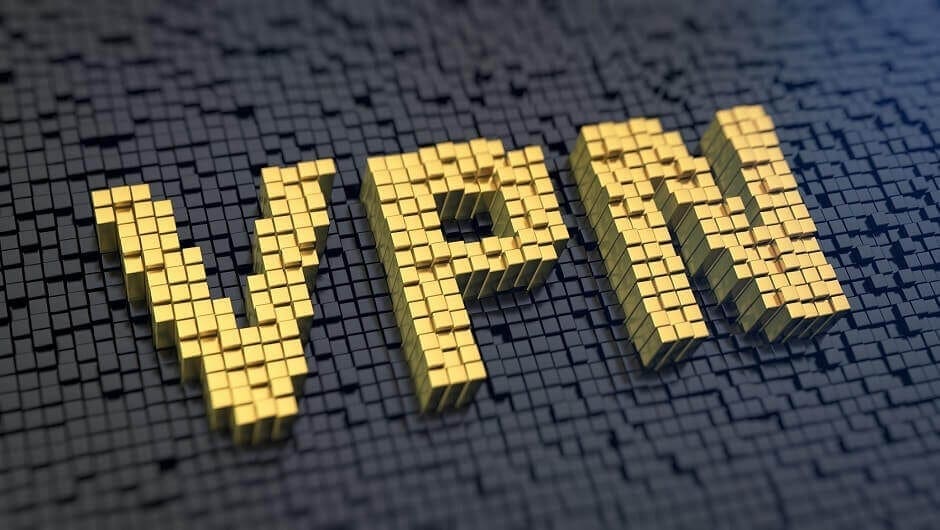In a world full of concerns about cybersecurity and the security of personal data, VPNs have become an increasingly popular tool for improving the security of networks of all sizes.
Research from August 2018 revealed that 25% of internet users had used a VPN in the past 30 days, which means it is not just big business or tech specialists, but ordinary people too who are including VPNs in their security setup.
But are they really essential? With all this talk about VPNs, you might be wondering what the fuss is all about and if you need to use one. By explaining how a VPN works and the benefits they offer, this article will help you better understand what a VPN can do for you.
What is a VPN?
While it may sound complicated, a VPN (Virtual Private Network) is a simple tool which allows users to send and receive their internet data through an encrypted ‘tunnel’.
This keeps online activity, and information like user’s location and the type of device being used, away from prying eyes.
A VPN service is made up of a number of computer servers located across the globe. When connecting to the internet via a VPN, your activity is encrypted and reaches its destination through one of these servers.
To the user the experience is much the same, but things like your IP address and browsing history are not trackable in the same way as they are when connecting to the internet unencrypted.
If anyone tries to look at the data you are sending and receiving, for example advertisers or your internet service provider, they will not be able to determine what you are doing or which devices you are using. All that will be visible is the IP address of the VPN server you are connected to.
If that all seems too complicated, don’t worry. In many cases, using a VPN service is as simple as pushing a button on your phone.
Security Benefits
One of the most obvious benefits is anonymity. Without the ability to track your browsing habits, advertisers are unable to target ads based on the sites you visit and everything about your browsing sessions will remain private unless required by the authorities.
Security is also improved through VPN use. For example, free public Wi-Fi may seem useful, but often these networks are unsecured, meaning that anyone who wanted to would have no trouble accessing the information you send and receive while connected.
Common examples include mobile banking details and passwords. However, if you connect to unsecured Wi-Fi using a VPN, your data will be encrypted and secured, allowing you to browse without concern.
The extra layer of security a VPN provides also means that workers who operate out of office can connect to their office network securely from a remote location, ensuring that sensitive documents are only accessed by those who are supposed to.
Access the Content you want
Beyond security, one of the most popular benefits of a VPN is the ability to access geo-locked content. For example, if you were abroad and wanted to watch your usual shows on Netflix, you might receive a message saying that the content is not available in your area, meaning you can’t access the shows you’ve paid for.
Simply by connecting through a VPN and selecting a server in your usual location, you could gain access to the service as if you were at home.
VPN services provide their users with access to multiple servers located around the world. When logging on, users can select which server they wish to connect to.
As the server’s IP addresses are the only thing that’s visible, if a user connects to a server from another country, the sites they visit while connected will think that the user is in that country.
For example, selecting an American server could give someone in the EU access to a news site that is set to only display for readers in the USA.
Similarly, switching servers and opening a new browsing window is a simple way to get around restrictions that only allow each user to read one or two articles on a site before blocking their access.
Save Money on Flights
When you last booked a holiday you many have noticed that the price of flights fluctuates. One of the main reasons is thought to be the tracking cookies that log your visits, used by some providers to increase prices the more you view a page, and encouraging you to book sooner rather than later.
This issue can be avoided by clearing cookies (small files used by sites to track your activity on their pages) and browsing in incognito mode, but this is not the only way that the cost of your flights might be affected.
In many cases, the cost of flights is also affected by the location of the person who is booking. Booking flights from the UK, US or Australia is often more expensive than from smaller countries, for example.
Read More: Factors to Consider when Choosing VPN | About Virtual Private Networks | Proxy Server Importance | Keep Safe from Hackers
This form of tracking is typically conducted using your IP address. By encrypting your connection, a VPN masks your location and allows you to view the booking site as if from another location, which often results in lower prices that make a big difference if you are on a budget.
While they have many beneficial uses in money saving and online content access, a VPN’s main purpose is to keep your data and browsing history safe. When used alongside reliable antivirus software, you can be sure that you are protected online regardless of where you are in the world, or which devices you are using.







